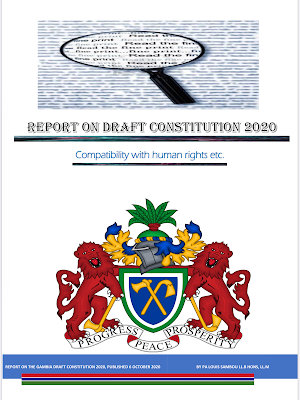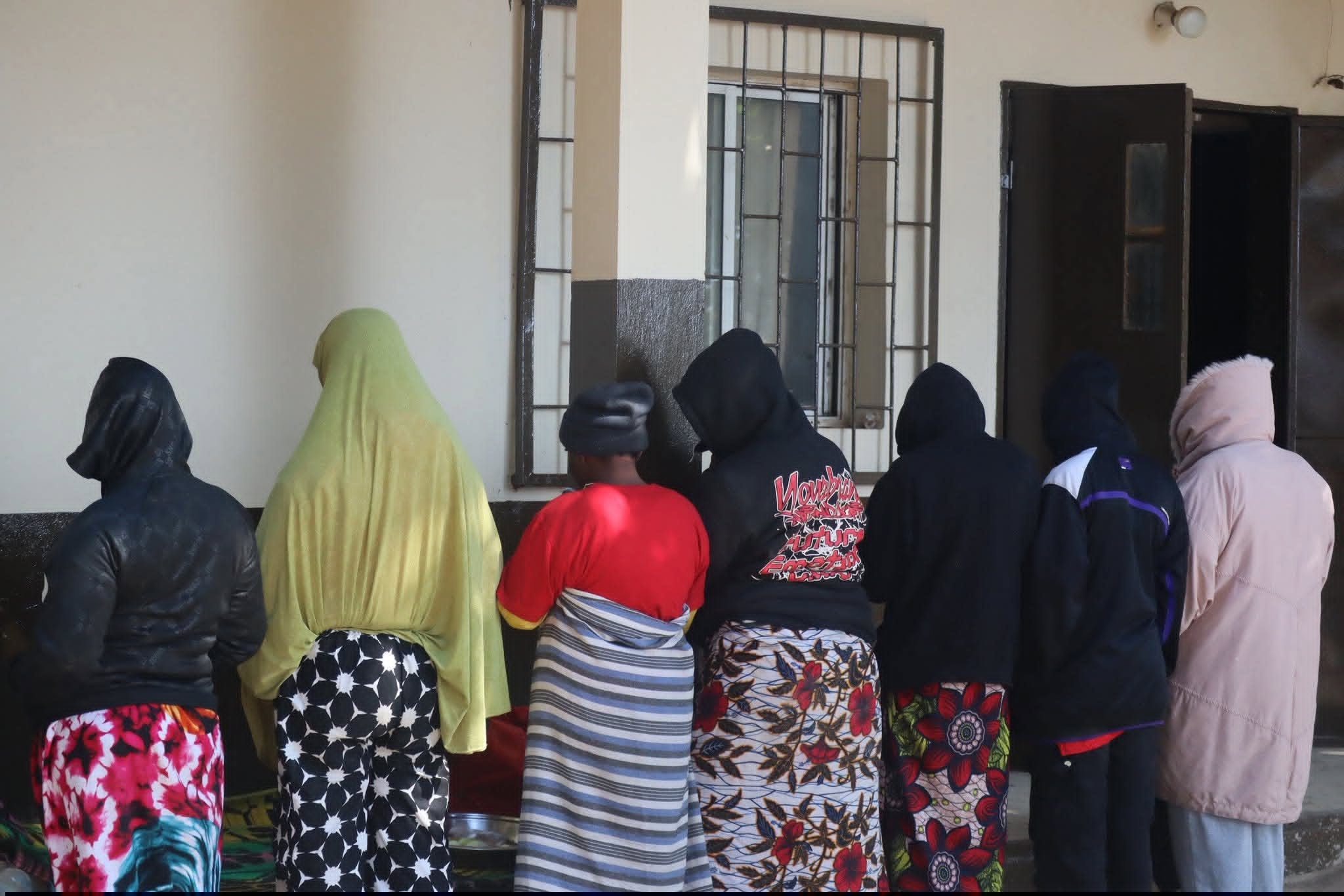Introduction
Purpose and objective of the Report
This unsolicited report is the result of a careful and thorough study of the provisions within the Draft Constitution (hereinafter “the Draft”), identifying those provisions whose substance are inconsistent with the Constitution, fundamental human rights and international treaties. The study which informed this report also sought to uncover and highlight the adversities such provisions present and offer sound recommendations for reasonable amendments by way of safeguards etc. in order to ensure compatibility and adequate protections.
Whilst the issue of fundamental human rights is the primary focus of this report, Draft provisions relevant to good governance and the enhancement and entrenchment of democracy, democratic accountability and institutions were also carefully considered and reasonable recommendations for amendments and further enactments made in the same regard.
This report’s objective is to compliment and consolidate the work of the Constitutional Review Commission (hereinafter “the CRC”) in order to assist the smooth, swift but safe abrogation of the existing Constitution. Although provisions in the abrogated 1970 Constitution and those in the existing Constitution are referenced, such are not the focus of this report.
It is acknowledged that there are indeed other areas of concern in the Draft which are over and beyond the scope of this report and which the study which informs this report did not consider.
Findings (overview)
Greater emphasis and focus were dedicated to human rights and The Gambia’s obligations under international treaties with respect to the same. It is this report’s finding that the majority of Gambians who took part in the consultation process by the CRC advocated for more human rights and a more open democratic space but, whilst the CRC set a new and high bar in the length it went with respect to its consultations, results of such consultations are for the most part and in key areas e.g. ‘birth right citizenship’ not reflected in the Draft. The unprecedented increase in the number of fundamental rights the State is constitutionally permitted to interfere with and restrict is a concerning finding as is the possibility for Shariah law to expand into other areas of law e.g. penal law and / or other sources of Gambian law e.g. the Common law to be shrunk, diminished or abolished by way of an amendment of an unentrenched provision (and without any need for a referendum).
The lack of clarity on issues regarding the repeal of the death penalty, the repeal of AFPRC decrees some of which are still part of the existing laws and, the prohibition of gender – based and cultural discrimination etc. under sources of law other than the Common law are also findings which deserve attention and further examination as is the absence of any provision to mandate Diaspora franchise and legislative representation among other findings all of which are comprehensively laid out in this report.
prevent a dedicated actor with appropriate legislative power or influence undermining them
so that they are rendered futile.
overreached its statutory boundaries as are outlined under section 6 CRC Act, terms of
reference which this report has established were not complied with.
of this report etc. are for information purposes rather than a criticism of the CRC
collectively, individual Commissioners or any others mentioned herein, it is therefore not
the intention nor the desire of this report for its findings to be construed otherwise.
dictatorship through a democratic public vote, it is vital that the findings of this report are
carefully considered by policymakers etc. so as to safeguard the aforesaid likewise The
Gambia’s democratic future.
Click HERE for the Full Report.






